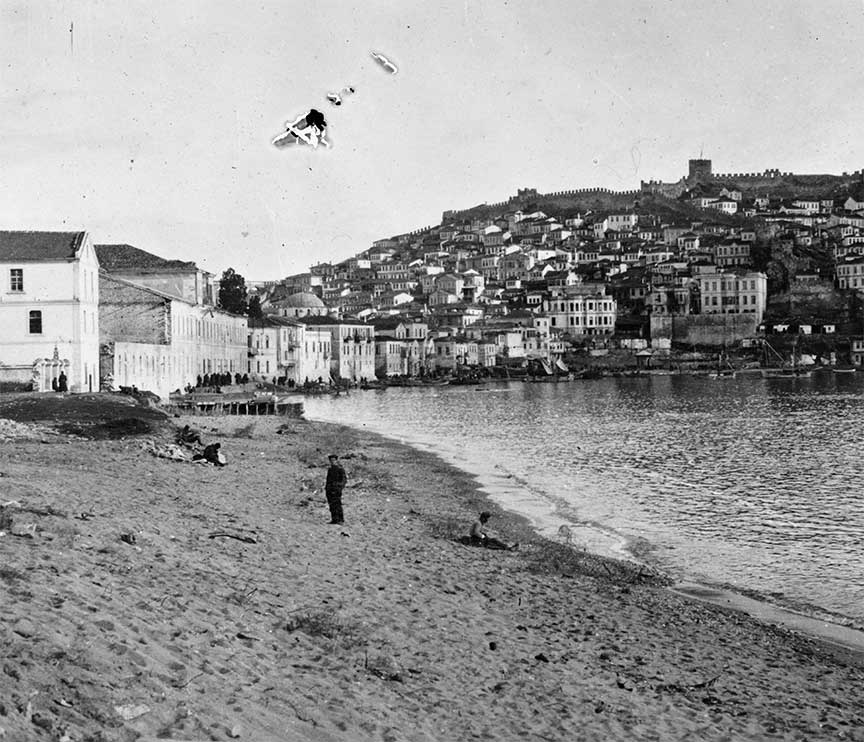Stalin Enforces "Forced Collectivization"

Kavalla in Maceonia
Stalin began a policy of forced collectivization of farms. Small farmers were forced off their land and onto collectives. Those who refused were killed. Thousands died, and Soviet agriculture never recovered.
Stalin consolidated his leadership over the Communist party he initially had opposition from both the right and left wings of the party. The party's left-wing opposed Stalin's decision to no longer work to promote revolution abroad and believed that Stalin was taking too much power. 83 Communist Party Members signed a manifesto criticizing the direction of the party. Stalin initially allowed them to air their grievances and even let their views be published in Pravda, the Communist Party's official paper. However, Stalin was only willing to allow a minimal amount of opposition. When some of his opponents opened up their printing press, they were swiftly expelled from the party. One of the leading supporters of Stalin's critics was Leon Trotsky, who had led the Red Army to victory over its opponents. When he tried to defend those who had set up the printing press, he was removed from the Comintern's executive committee.
Soon, all those who publicly opposed Stalin's will started to be expelled from the Communist Party on October 12 1928E. A Preobrazhensky, a close friend of Lenin, was dismissed. Two weeks later, Trotsky and Grigory Zinoviev, another close associate of Lenin, were also expelled. On December 19, a special Commission of Enquiry recommended that 98 leaders of the party be dismissed, and they were. Thus Stalin consolidated his control on the left of the party.
Stalin now turned to his potential opponents on the right who had been allies against Trotsky and the others on the spectrum's left side. Nikolia Bukharin, the editor of Pravda and chairman of the Comintern, was removed from his positions. Under Stalin, the government had begun a policy of the forced collectivization of pheasants. Something that was not part of the Communist plan for government. Those that opposed the efforts were denounced as enemies of the states. Soon the more successful peasants known as Kulaks were labeled enemies of the state. They were labeled together with Russia's small professional class as enemies, and many ended up being convicted in show trials. The last public opposition to Stalin's policies came from two professors who criticized the collectivization policy as not following a Marxist ideology. They were denounced and forced to recant their criticism. A few years later, they were shot. The forced collectivization continued. Over 15 million peasants were forced off their land and into collective farms. The wealthier peasants, the Kulaks, were deported to Northern Russia. The collectivization was brutal, and as a result, between 4-5 million peasants died from starvation during the period
 >
>